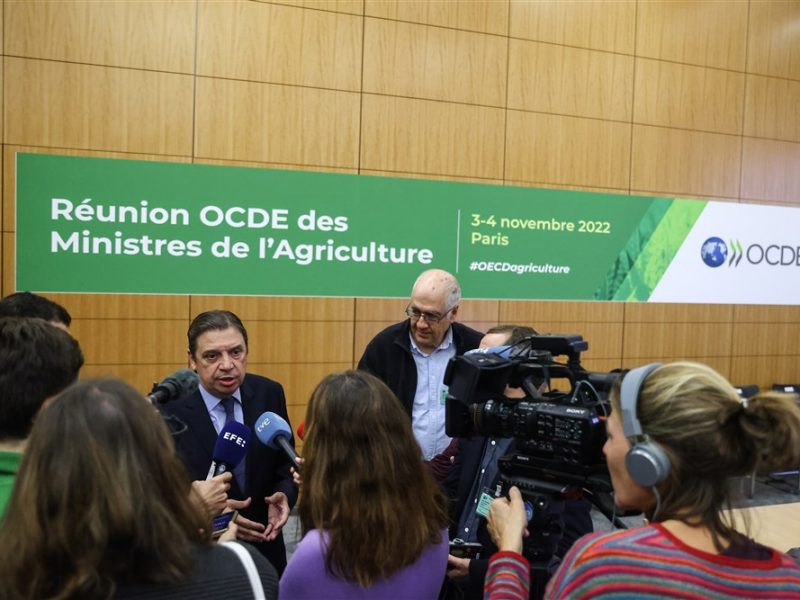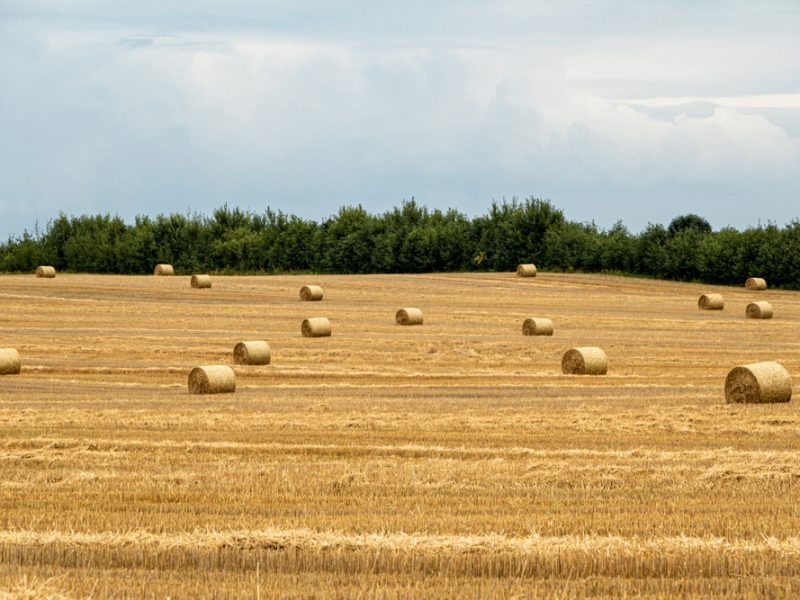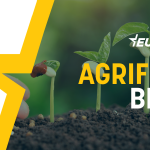
Despite high ambitions to make farming greener, progress in the EU on sustainable agriculture is stalling, according to the Organisation for Economic Co-operation and Development (OECD), which calls to tie the bloc’s extensive farming subsidies more strongly to measurable outcomes.
In a report published on Monday (9 October), the OECD reviewed the EU’s agriculture and food policies with a view to their effect on both the productivity and the sustainability of the sector.
The study concludes that, over the past decade, the EU’s agri-food system proved resilient to crises and productivity continued to increase, but that this growth was slower than in most other OECD countries.
At the same time, results on the sustainability side are also mixed.
“In many EU countries, biodiversity has declined, emissions continue to increase, and pressure on water has not eased,” the paper warns.
According to the authors, this “stalled process” in terms of sustainable growth exists despite the fact that the EU showing high levels of ambition and investing considerable resources.
For example, the EU’s Green Deal with its farming branch, the Farm to Fork Strategy, as well as the Biodiversity Strategy have put an emphasis on sustainability concerns.
However, the report diagnoses a “gap between policy ambitions on environmental sustainability and observable results” and recommends a number of measures to make the EU’s efforts more effective.
A more results-oriented CAP
For the OECD, one of the main levers the EU has in this context is the Common Agricultural Policy (CAP). After all, the farming subsidies programme makes up around a third of the bloc’s budget and is “strategic” for the Green Deal agenda.
To fulfil this role, it concludes, the CAP needs a fundamental “reorientation” to tie it more strongly to “stated priorities and address disincentives.”
In practice, this means that a larger share of the money should be dedicated to “remunerating public goods” such as environmental and climate protection.
Currently, a large share of CAP funds goes towards the so-called direct payments, which are tied to certain basic conditions but generally given out based on a farm’s agricultural area.
While it acknowledges that “substantial progress” was made over the last decades in making CAP subsidies more targeted, the report finds that “the most distorting and potentially most environmentally harmful forms of support” such as direct payments still represent nearly a quarter of support to producers and should be faded out further.
Income support only for those in need
This echoes the German government’s vision of the future CAP, which also includes shifting away from direct payments and towards incentives for public services.
However, the OECD report does not call to move away from the CAP’s role as income support for farmers. It does, however, call for this support to be provided in a more targeted manner.
As a first step, this means that instruments aimed at income support and those aimed at sustainability should be cleanly separated.
Income support measures, according to the experts, should then be restricted to those who actually need them. To this end, the EU should look into how to better target funds to low-income farm households.
Additionally, more work is needed to make sure funds are fairly distributed within farm households too, including between the men and women of a family.
Focus on innovation
Meanwhile, the report also puts a focus on fostering innovation in the agri-food sector.
While, for a long time, the EU achieved agricultural productivity growth through an increasing intensification of farming, it says that this came with harmful consequences for the climate and environment.
This is where innovation comes in as an alternative route towards improving productivity.
“The green transition of EU food systems calls for a transformation where innovation plays a critical role in delivering sustainable productivity growth,” the report stresses.
Among the recommendations to better foster innovation is better integration of research and innovation policies with CAP funds, while member states should be encouraged to “establish their own agri-food innovation strategies.”
The report also calls to use part of the CAP funds dedicated to sustainability for upskilling programmes and advisory services for farmers.
“Evolving requirements demand new skills and capacities among agricultural workers, including digital, environmental management and entrepreneurial skills,” it stresses.
[Edited by Gerardo Fortuna/Nathalie Weatherald]










